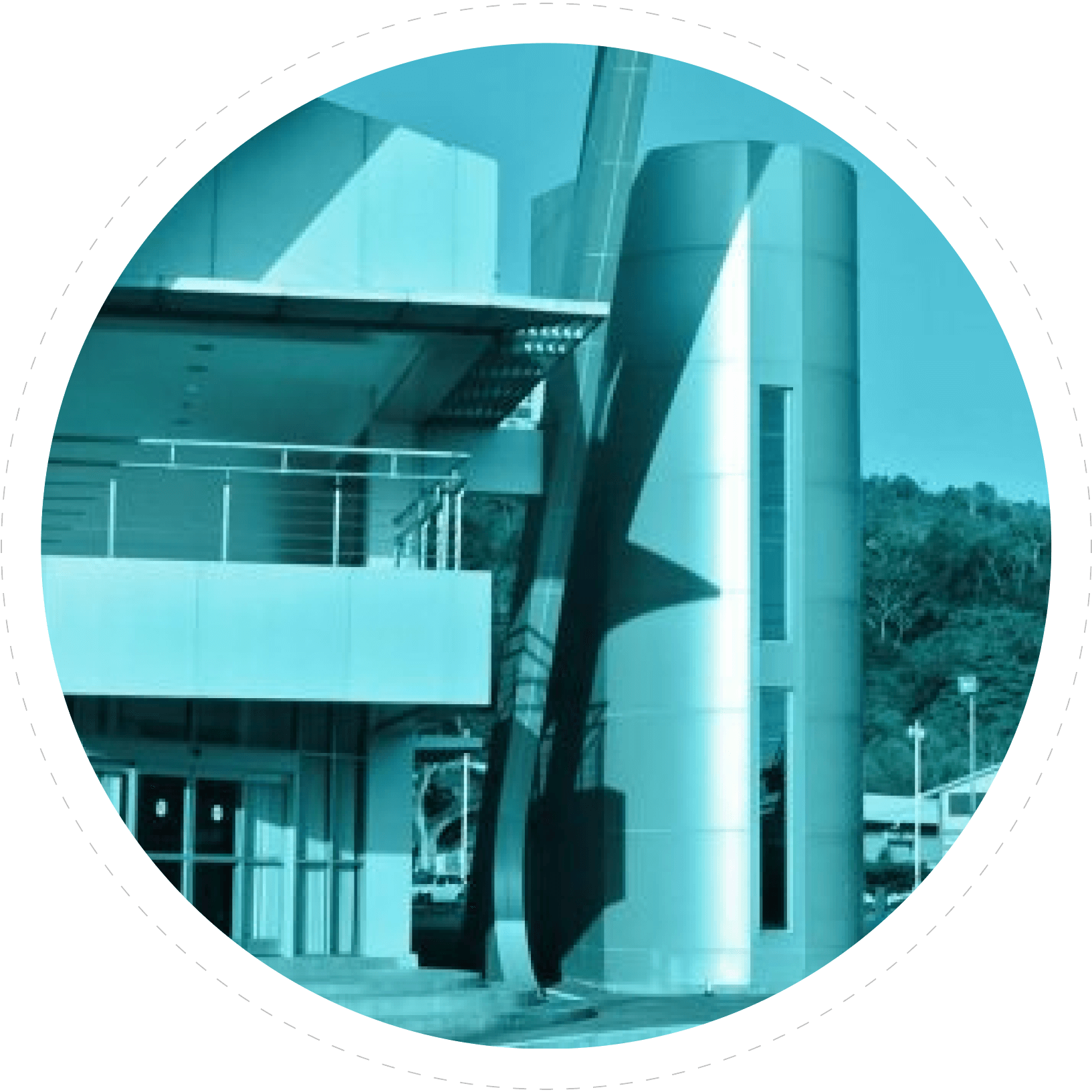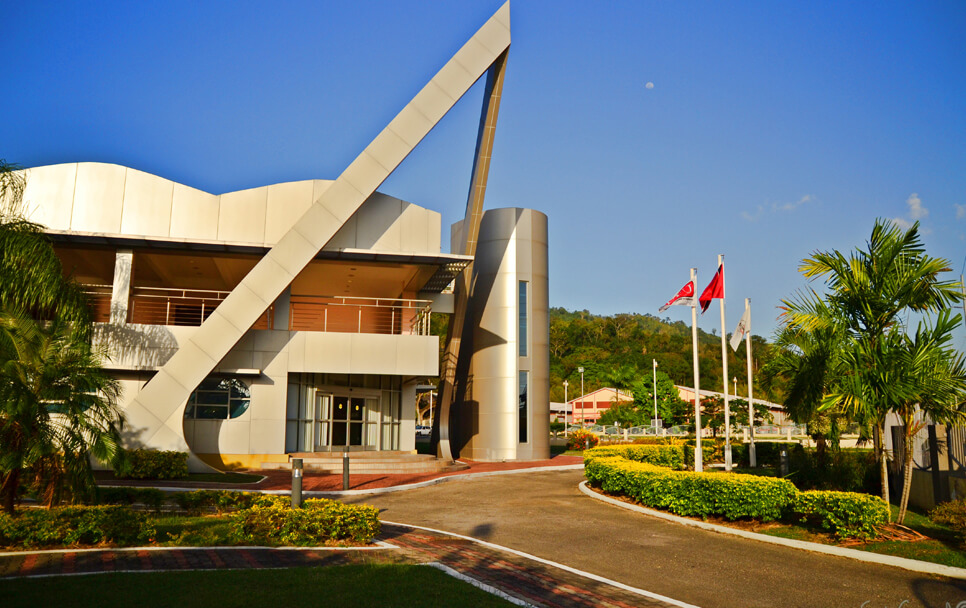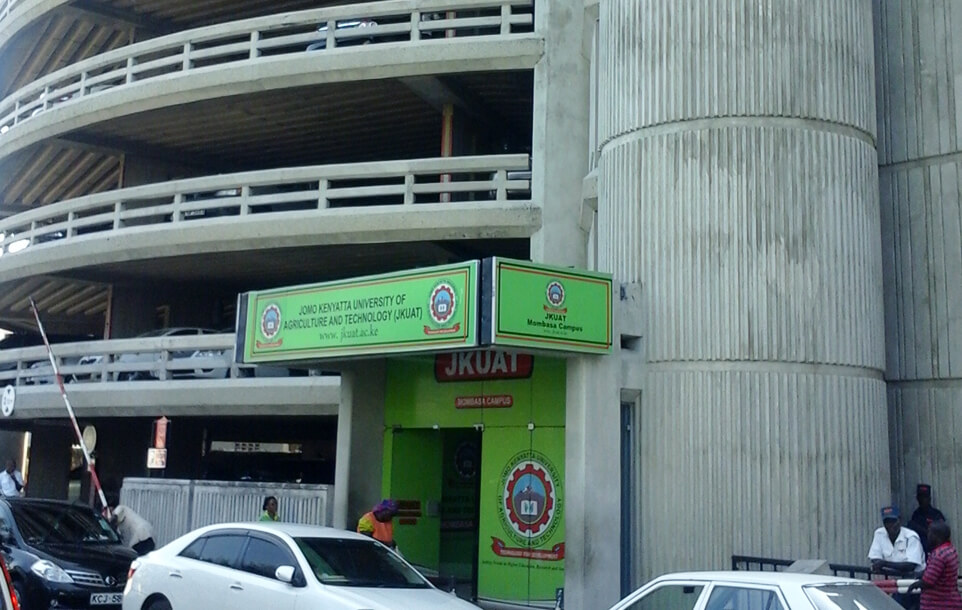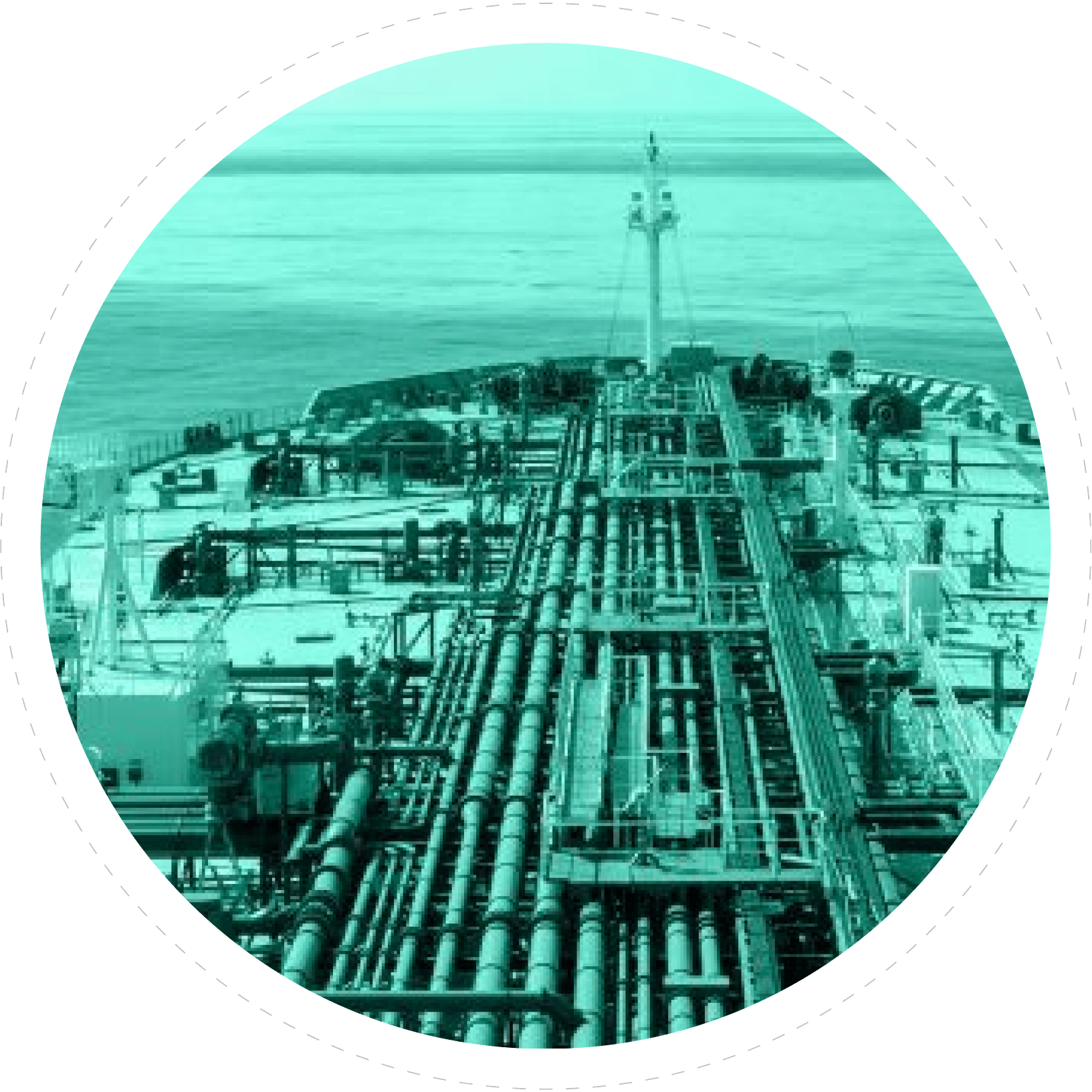
Decarbonization of St Kitts Basseterre Port Using Renewable Energy-Powered Microgrid
Beneficiary Port and Country: Basseterre, St. Kitts and Nevis
Primary beneficiary organisation: St. Christopher Air & Sea Ports Authority (SCASPA)
The pilot project will install and integrate a Vertical Axis Wind Turbine, at the SCASPA Sea Port microgrid with aim to reduce 46% of the port’s GHG emissions. The technology encompasses a Vertical Axis Wind Turbine incorporating a novel and effective “storm protection” feature. Given that St. Kitts and Nevis are in a hurricane-prone area, the wind turbine will incorporate a tilt-down feature. The turbine is a smart device that controls its wings by monitoring wind speed. When the wind speed reaches the designated cut-off wind velocity level, it is expected to close its wings, bringang the turbine into the “storm protection” formation.
The successful installation and operation are expected to result in an annual saving of 141 tonnes of CO2eq. The feasibility study also suggested that a proper mixture of wind, solar, and storage would make the port microgrid 100% carbon neutral.
Capacity Building
A core component of GMN’s mission is to enhance the capabilities of maritime administrations, port authorities, and industry stakeholders to adopt and implement energy-efficient practices. Through a combination of regional and national workshops, both in-person and online, GMN provides targeted training on the latest maritime technologies, strategies for reducing emissions, and mechanisms for accessing climate finance. These capacity-building efforts help developing regions meet global maritime standards, and secure funding for sustainable, low-emission maritime operations, fostering the global transition to a greener maritime industry.
Regional Industry Alliances
GMN is working to establish Regional Industry Alliances (RIAs) across its MTCC regions to drive the adoption of energy-efficient technologies and foster public-private partnerships. These alliances will unite maritime industry leaders, government agencies, and financial institutions to create a supportive environment for low-carbon solutions.
The RIAs will play a vital role in promoting energy-efficient practices, securing investment, and accelerating the maritime sector’s transition to sustainability. By connecting with IMO GHG initiatives, such as the Green Voyage 2050 Global Industry Alliance (GIA), the RIAs will contribute to global efforts to reduce emissions in the maritime industry.
Additional Relevant Activities





